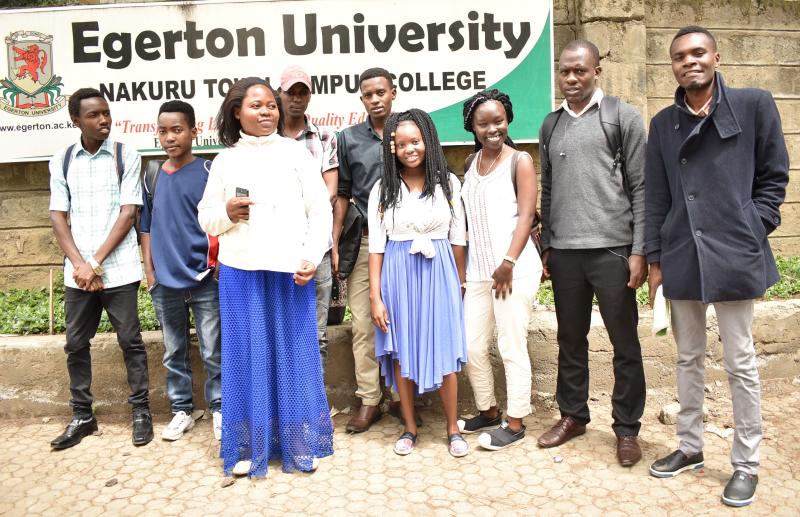×
The Standard e-Paper
Home To Bold Columnists

At least 100 university students defer their studies per semester due to lack of school fees.
According to a survey by Nakuru County Students Caucus (NCSC) and the Kenya University Students Union (KUSO), between this and last year, 1,551 needy students have approached the caucus for assistance and most of them have suspended their studies.